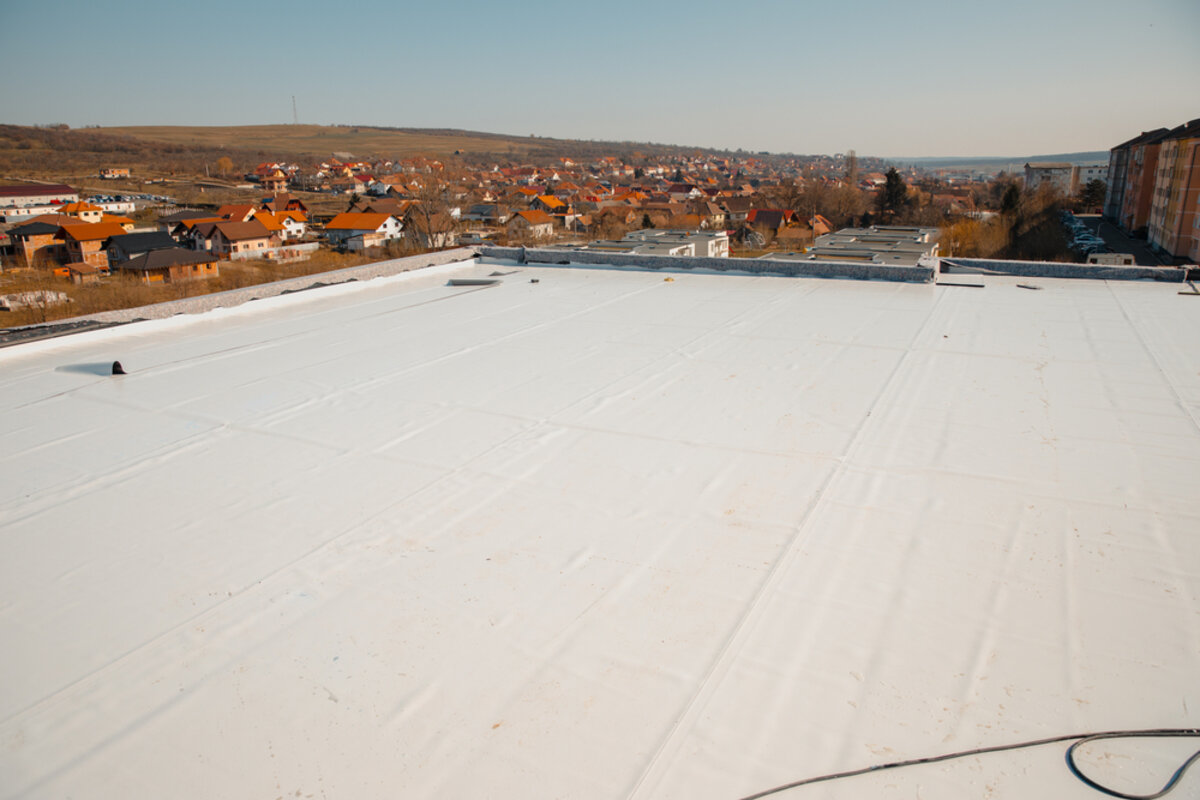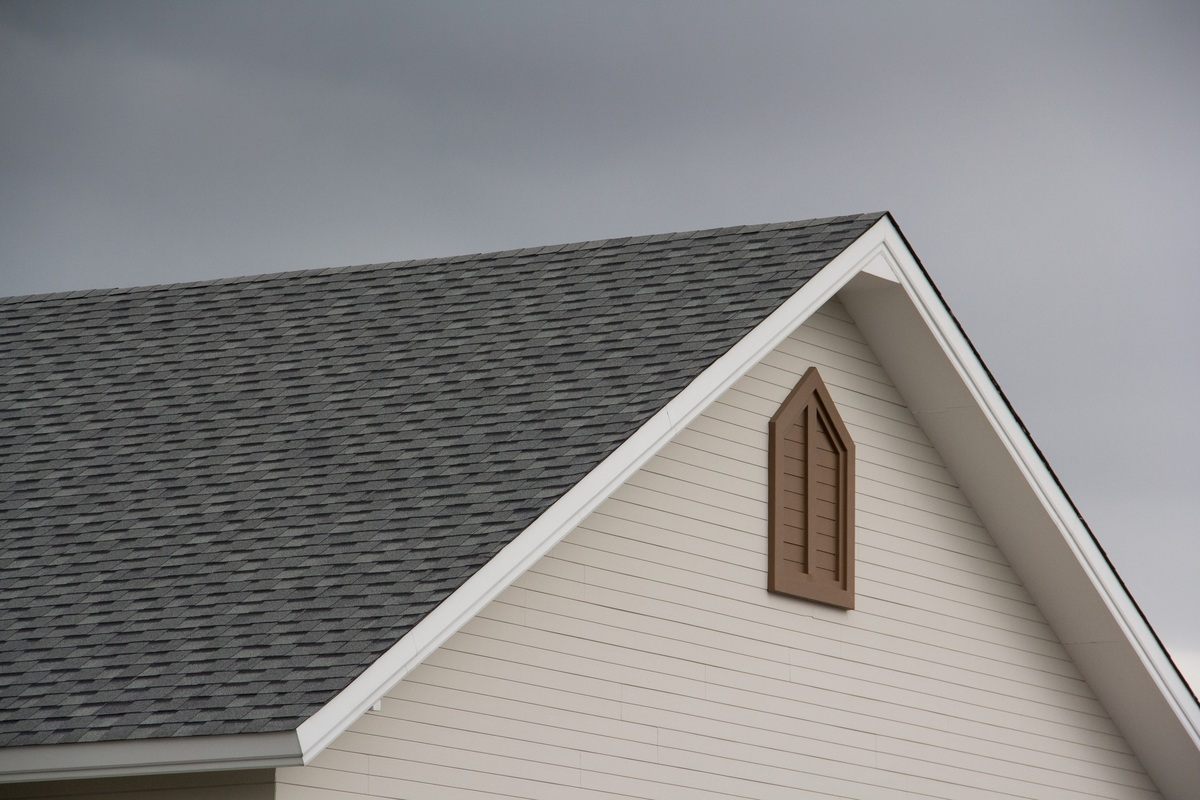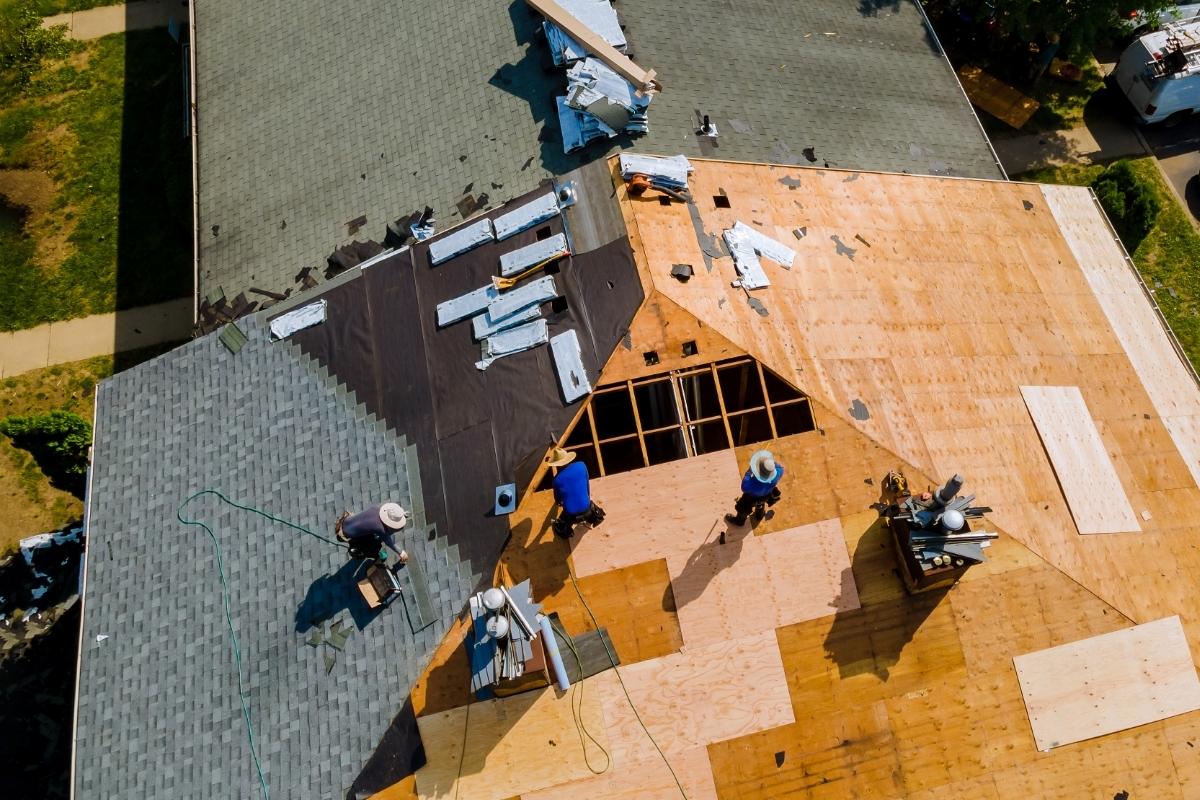When it comes to roofing options, flat roofs stand out as a distinctive choice. They offer a unique aesthetic and come with their own set of advantages and disadvantages. Let’s explore the pros and cons of a flat roof to help you decide if it’s the right fit for your home or building.
Pros of Flat Roofs
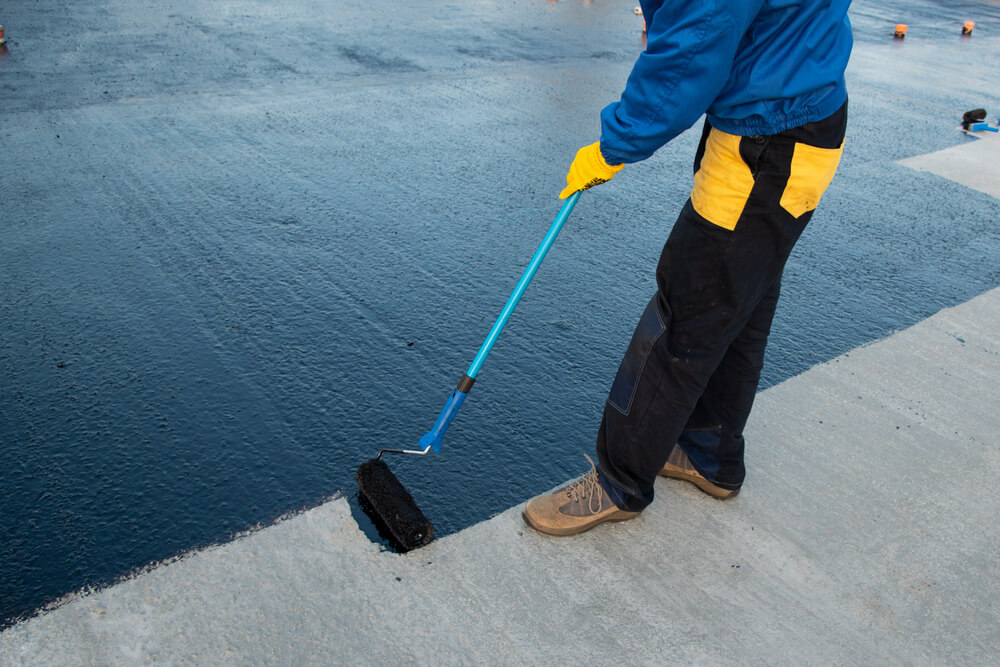
1. Affordability
Flat roofs stand out in the realm of roofing options not only for their unique aesthetics but also for their affordability. Unlike pitched roofs, which often involve more complex construction and a greater quantity of materials, flat roofs boast a simple design that translates into significant cost savings during installation. This cost-effectiveness makes them an attractive choice for both homeowners and builders looking to optimize their budgets without compromising on quality. Additionally, the streamlined construction process associated with flat roofs can lead to shorter installation times, further reducing labor costs and minimizing disruptions to daily routines. Consequently, whether you’re embarking on a new construction project or considering a roof replacement, flat roofs present a compelling option that aligns with both your financial and aesthetic preferences.
2. Space Utilization
One significant advantage of flat roofs is their potential for additional usable space. Homeowners can utilize the flat surface for recreational purposes, such as creating a rooftop garden, installing solar panels, or even constructing a rooftop patio.
3. Accessibility
Maintenance and repairs on flat roofs are generally easier and safer to perform due to their accessible design. Professionals can easily access the entire surface, allowing for quicker inspections and repairs when needed.
4. Modern Aesthetic
Flat roofs offer a sleek and modern aesthetic that can enhance the overall appearance of a building. They are often favored for contemporary and minimalist architectural styles, adding a touch of sophistication to the structure.
Cons of Flat Roofs
1. Drainage Issues
One of the most common drawbacks of flat roofs is their susceptibility to drainage problems. Without proper slope and drainage systems, water can accumulate on the surface, leading to leaks, water damage, and structural issues over time.
2. Maintenance Requirements
While maintenance tasks may be easier to perform on flat roofs, they often require more frequent attention compared to pitched roofs. Regular inspections, cleaning, and maintenance of drainage systems are essential to prevent water damage and prolong the roof’s lifespan.
3. Limited Insulation Options
Flat roofs, by their very design, often offer limited space for insulation when contrasted with their pitched counterparts. This inherent limitation poses a challenge to maintaining optimal energy efficiency within the home. Without sufficient insulation, flat roofs can struggle to regulate indoor temperatures effectively, leading to potential discomfort for occupants and increased reliance on heating and cooling systems. As such, homeowners must prioritize proper insulation to mitigate heat loss in winter and heat gain in summer, thereby not only enhancing comfort but also reducing overall energy consumption and utility expenses.
4. Lifespan Concerns
Flat roofs may indeed have a shorter lifespan in comparison to pitched roofs, primarily if they do not receive regular maintenance. Various factors, including the climate of the region, the quality of materials used, and the expertise of installation, significantly influence the durability of a flat roof. Consequently, homeowners must factor in these considerations when planning their roofing investments, as neglecting maintenance can lead to premature deterioration and necessitate costly repairs or replacements in the future.
Conclusion
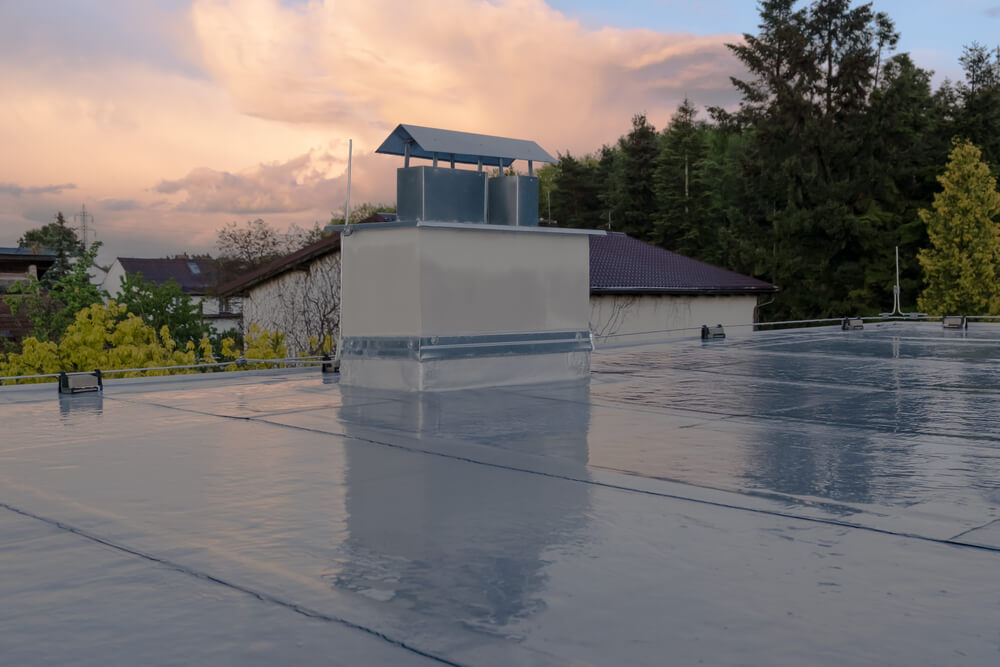
Flat roofs offer a range of benefits, including affordability, space utilization, accessibility, and modern aesthetics. However, they also come with challenges such as drainage issues, maintenance requirements, limited insulation options, and lifespan concerns. By carefully weighing the pros and cons of a flat roof, homeowners can make informed decisions about their roofing needs and ensure the long-term durability and functionality of their property.
For expert guidance on flat roof installation, maintenance, or repairs, feel free to contact DryTech Exteriors today. We’re here to help you make the best decisions for your property’s roofing needs.
